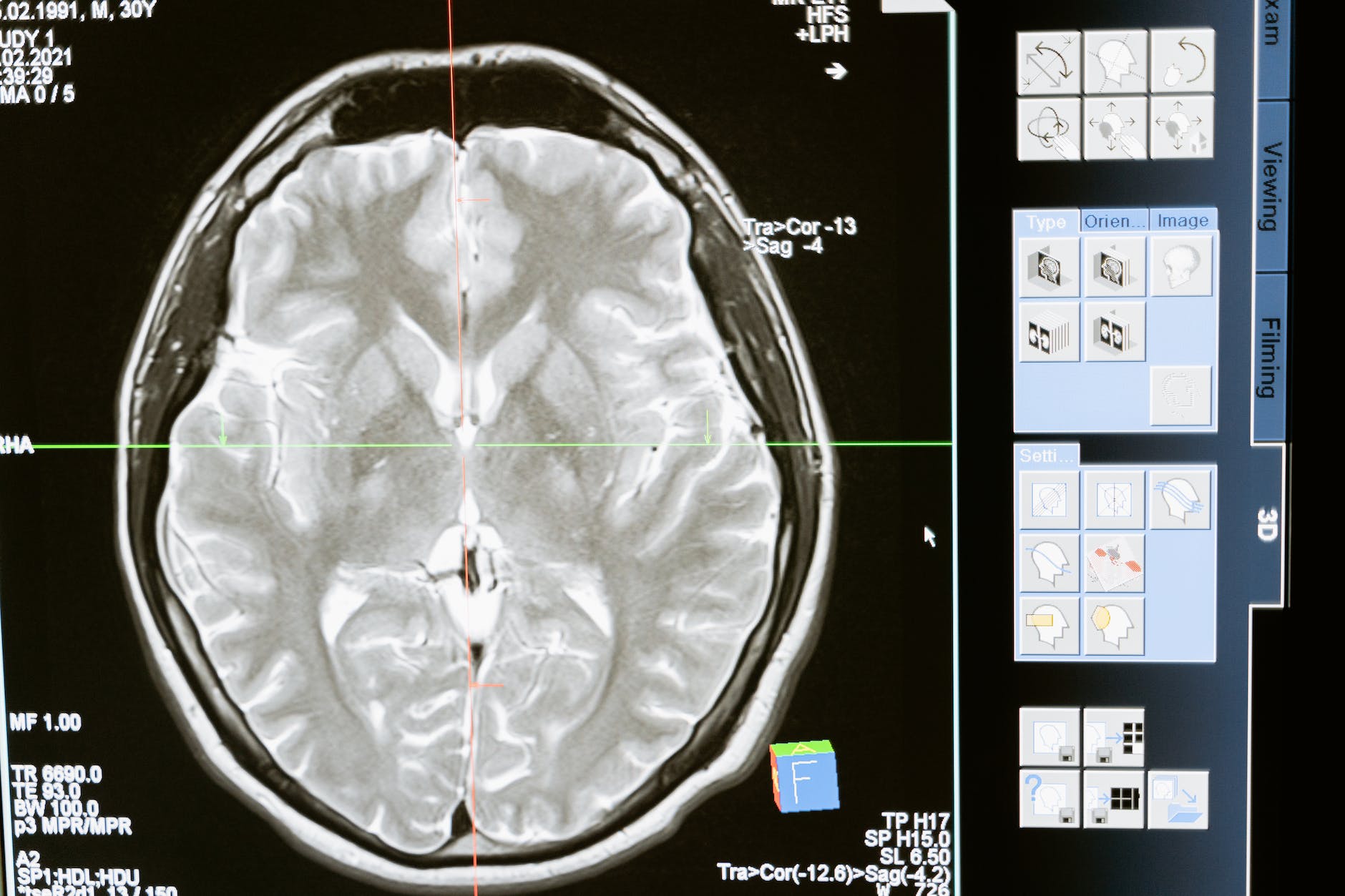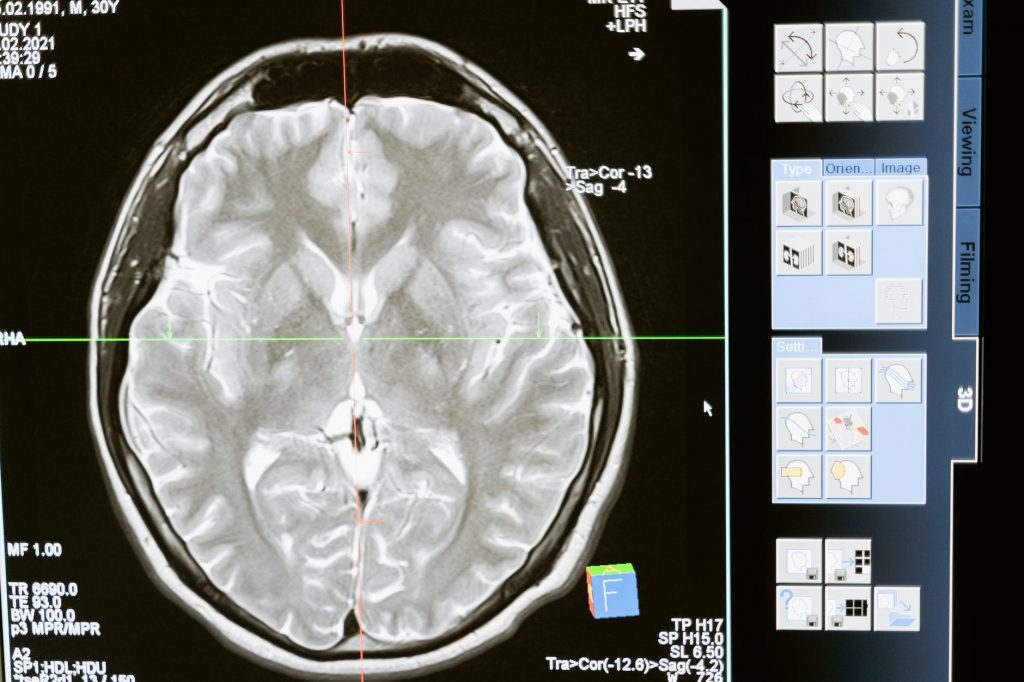
How to Guard Your Mind in the Digital Age

Check out the featured post and read more here: https://www.christianity.com/wiki/current-events/how-to-guard-your-mind-in-the-digital-age.html
In the hit song “O Be Careful, Little Eyes,” by Cedarmont Kids, we read these words: “O be careful little eyes what you see. O be careful, little eyes, what you see. For the Father up above is looking down in love, so be careful little eyes what you see.” Similarly, Matthew 6:22-23 and Luke 11 tell us that the eye is the lamp of the body and whatever we “see” will influence our lives for the worse or the better.
Recently, this tendency to watch what we “see” has gone viral. OpenAI has rolled out new parental controls for ChatGPT, allowing families to filter content and set usage limits for children. With good intentions, this move responds to growing concerns about young people’s exposure to inappropriate or misleading content in AI tools. Talk about learning to watch what our eyes take in!
While safeguards are helpful, experts note that no filter replaces the need for parental involvement, wisdom, and discipleship in navigating technology. Filters can serve as protective measures; however, children still need direct guidance—lives modeled by example. But it’s not just children at risk- AI will be further regulated in the future, so it doesn’t give bad mental health counsel.
Growing concerns are arising not just with young people’s exposure to harmful content online, but with all of us. I don’t have to tell you that AI is virtually becoming the next Google, and everyone is using it. The role of AI is quickly shaping and transforming thoughts, but as Matthew 6 references, are these thoughts and information for the worse or the better? Again, these pressing trends are increasing the need for regulation for the protection of our mental states. While filters and safeguards are tools, they cannot substitute Godly wisdom, discernment, and face-to-face discipleship.
Today, this raises a bigger question for Christians—As AI grows more powerful in shaping thought and imagination, how can we guard our hearts—not just with filters, but with truth, presence, and a vision rooted in Christ? How do we guard our minds in a digital age where screens and algorithms influence so much of our thinking?
The Power and Peril of the Digital Age
Sadly, while technology is incredibly helpful, it’s rapidly shaping imagination and mental health. According to Harvard Medical School, while information is more readily accessible and available at our fingertips, “It’s not how long we’re using screens that really matters; it’s how we’re using them and what’s happening in our brains in response.” Yes, most of us have a problem spending too much time scrolling on Facebook, TikTok, and Instagram, but the deeper issue stems from what information we’re receiving. At the top of these concerns is misinformation, comparison culture, and doomscrolling.
Not only that, but recent studies show AI and algorithms are acting as friends, counselors, and parents—“discipleship machines”—forming us, often without us realizing it. The Conversation notes that “AI systems are already too much like humans,” and while good social skills can be learned, robots are not replacements for human interactions.
Romans 12:2 speaks to this concept with these words: “Do not conform to the pattern of this world, but be transformed by the renewing of your mind. Then you will be able to test and approve what God’s will is—his good, pleasing and perfect will” (NIV). This verse doesn’t speak against using modern-day technology or advanced technology, but it prompts us with a warning: Guarding our minds is not optional; it’s essential to Christian discipleship. And human flourishing must be based on and formed through and with something deeper than a screen.